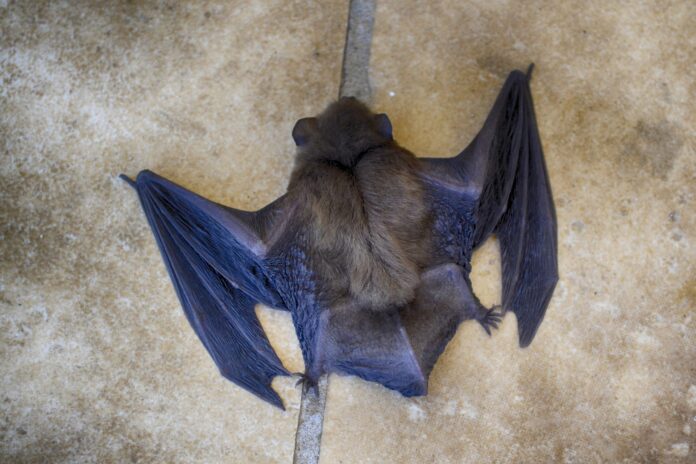In response to a bat recently testing positive for rabies in Chatham-Kent, CK Public Health is reminding residents of the importance of avoiding wild, aggressive or stray animals and following simple prevention measures to protect themselves, their families and their pets.
Rabies is a viral disease that infects the central nervous system of mammals, including humans, public health officials say.
The virus is transmitted through the saliva of infected animals, most often via bites or scratches.
“Rabies remains nearly 100% fatal once clinical symptoms develop, and without immediate medical intervention following an exposure, the outcome is almost always tragic,” said Dr. Shanker Nesathurai, Acting Medical Officer of Health for Chatham-Kent, in a press release.
“That’s why prompt reporting of any bite or scratch and timely post-exposure treatment is extremely important.”
The fact that a bat in Chatham-Kent tested positive is concerning, but not unexpected, public health officials added.
Bats are commonly infected with rabies.
Other animals that can spread rabies include raccoons, skunks, foxes, coyotes, dogs, and cats.
Although human rabies cases in Canada are rare, any exposure to a rabid animal carries a serious risk.
CK Public Health says people can protect themselves, their loved ones and their pets by following these guidelines year-round:
– Ensure pets are vaccinated against rabies and keep their records up to date.
– If you suspect your pet has been exposed to a rabid animal, contact your veterinarian immediately.
– Supervise pets outdoors—keep them on a leash or within a securely fenced area.
– Stay away from wild, stray or aggressive animals. Do not touch, feed or move young, sick or injured wildlife.
– Never keep wild animals as pets; they can harbour diseases harmful to humans and domestic animals.
– Report stray animals to local animal control services.
– If you find bats or other wild animals inside your home, contact a licensed pest control company to safely remove them and seal any entry points.
CK Public Health advises community members that if they have had contact with a bat or have been bitten or scratched by an animal, they should seek medical attention immediately and ensure the exposure is promptly reported to CK Public Health for investigation.
“Rabies prevention is a shared responsibility,” said Dr. Nesathurai, in a media release.
“By vaccinating pets, avoiding wildlife contact and reporting animal exposure incidents to CK Public Health, we can all play a part in keeping our community safe.”
For more information visit ckphu.com/health-topics/animal-bites or call Chatham-Kent Public Health at 519-352-7270.
















